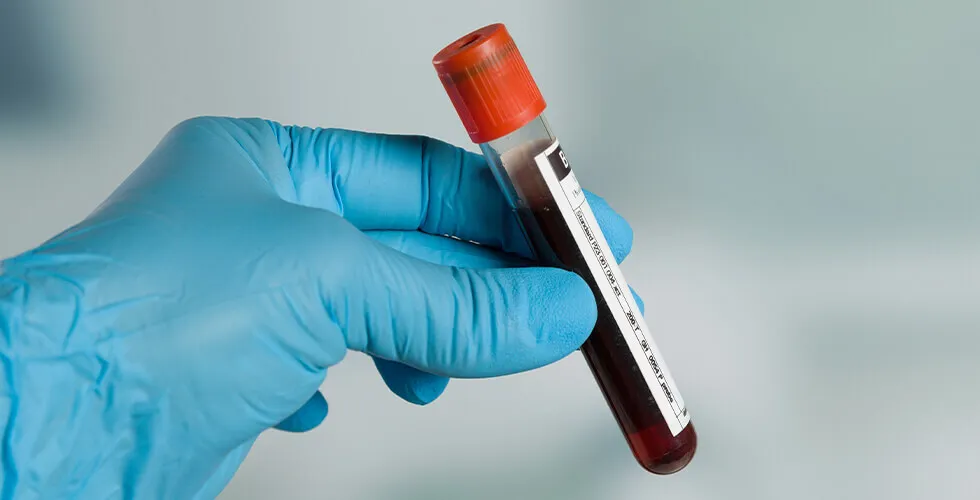
A groundbreaking new blood test could change how Alzheimer’s disease is diagnosed—and it’s already showing over 90% accuracy in clinical settings.
Researchers from Spain, Sweden, and Italy have confirmed that a specific blood biomarker, phospho-tau217, can effectively detect Alzheimer’s in patients with early cognitive symptoms. This international study, published in Nature Medicine, analyzed data from 1,767 individuals across five hospitals and primary care centers. The results? A simple blood draw can now provide results comparable to those of more invasive procedures, such as lumbar punctures or expensive PET scans.
The test, developed using an automated system called Lumipulse p-tau217, identifies key protein levels in the blood associated with Alzheimer’s disease. Two threshold values help doctors determine who may need further testing and who is in the clear, streamlining the diagnostic process and potentially catching the disease in its earlier stages.
Dr. Marc Suárez-Calvet, one of the lead researchers, emphasizes that this test isn’t a stand-alone diagnosis tool. Instead, it helps clinicians decide when additional imaging or spinal fluid testing is necessary. “This development could spare many patients from undergoing unnecessary procedures,” he says.
While the test performs best in hospital settings and in patients under 80, it still offers a major step forward in Alzheimer’s detection. It’s also more affordable, potentially cutting diagnostic costs by up to 80%.
If implemented widely, this test could open the door to faster diagnoses, earlier treatments, and better access to care. As research continues, doctors and scientists are hopeful that this tool will soon become a routine part of Alzheimer’s screening, offering new hope to millions at risk.

